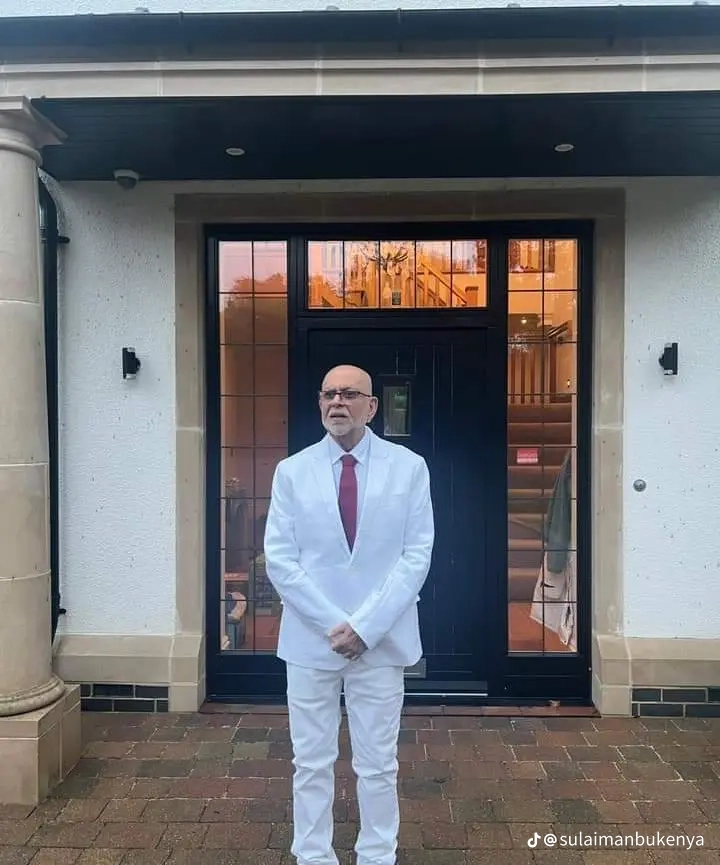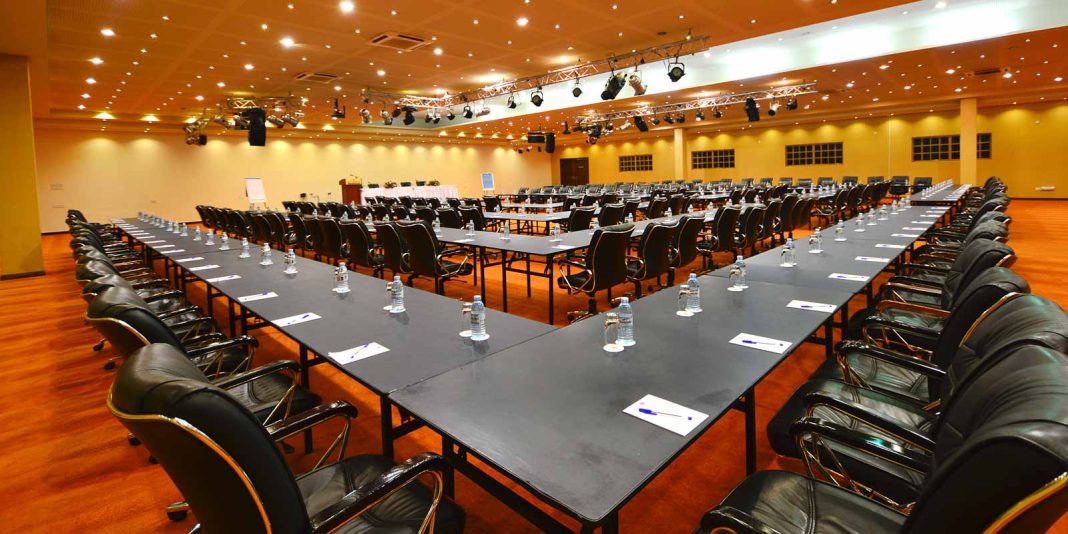London, July 24, 2025 – In a significant development in the ongoing legal battle between Ugandan businessman Sudhir Ruparelia and DFCU Bank over the controversial takeover of Crane Bank Limited (CBL), a London court has rejected DFCU’s attempt to introduce a forensic report by an entity claiming to be PricewaterhouseCoopers (PWC).
The ruling, delivered this week, marks a setback for DFCU’s defense strategy and reinforces protections for CBL and its shareholders, including Ruparelia.DFCU had filed two applications in the case. The first sought to amend its defense to include a forensic report purportedly prepared by PWC, which alleged widespread mismanagement, corruption, and fraud at CBL, claiming the bank’s collapse was inevitable. The report aimed to portray CBL’s shareholders as responsible for undermining Uganda’s banking system, thereby justifying the Bank of Uganda’s (BOU) 2016 takeover of CBL and its subsequent sale to DFCU.
Ruparelia’s legal team, representing CBL and its shareholders, fiercely opposed the application. They argued that the PWC report was unreliable and inadmissible, citing several critical flaws: the report was not produced by the globally recognized PWC accounting firm but by an unlicensed, unregulated entity falsely using the PWC name; multiple versions of the report existed, some unsigned, backdated, or contradictory, with missing pages and absent appendices; and CBL lacked access to its own data and records—held by DFCU and BOU—to challenge the report’s claims.
The team further contended that allowing DFCU to rely on the report without proper evidence to support its allegations would be unfair and prejudicial. The court sided with Ruparelia’s arguments, ruling that DFCU could not use the PWC report as evidence to substantiate its allegations. The judge deemed the report unreliable and ordered DFCU to pay the claimants’ legal costs, delivering a significant blow to the bank’s defense.
In a second application, DFCU sought extensive document disclosure, including searches of phones, computers, laptops, and personal emails of CBL’s representatives. The court granted limited access, permitting searches only of Sheena Ruparelia’s personal email (due to prior correspondence with Rupesh Ruparelia about CBL) and the phones of individuals, including Dr. Sudhir Ruparelia, Meera, and Sheena, who used messaging services between 2015 and 2019. Other requests were denied.
The court also substituted the late Rajiv Ruparelia with his estate, represented by Dr. Ruparelia, in the proceedings. Looking ahead, the court declined to set specific hearing dates for October, pending the submission of additional filings. This decision leaves the timeline for the next phase of the case uncertain but underscores the court’s cautious approach to case management.
The ruling strengthens Ruparelia’s position as he seeks to challenge DFCU and BOU’s actions in the controversial Crane Bank takeover, a case that continues to draw significant attention in Uganda’s financial and legal circles. Further developments are anticipated as the parties prepare for the next stages of litigation.
Do you have a story in your community or an opinion to share with us: Email us at Submit an Article









